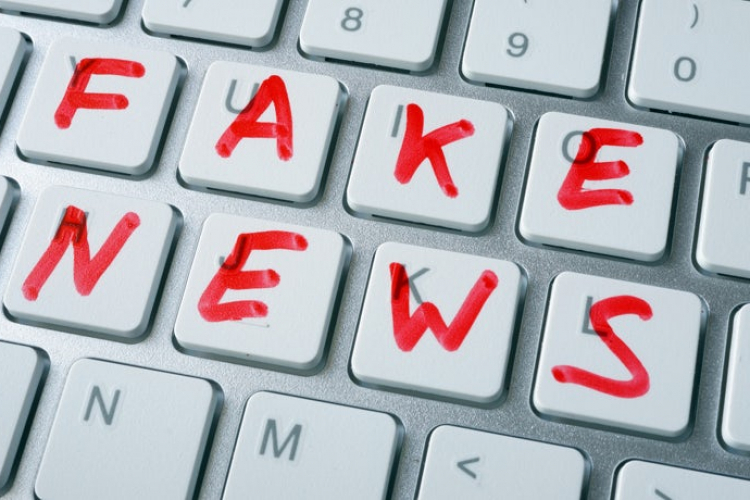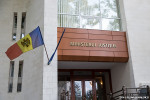
Identifying the main source that generates fake news and having mechanisms to penalize the authors so as to discourage them from creating such news are the biggest challenges in the fight against disinformation. Well-defined penalties for the dissemination of false information are needed for the responsible bodies to be able to apply the law, Iulian Groza, executive director of the Institute for European Policies and Reforms (IPRE), stated in a debate entitled “Fighting Disinformation in the Republic of Moldova: Tendencies and Impact”, which was organized by the Association of Independent Press, IPN reports.
According to Iulian Groza, the closing of websites that disseminate fake news is not enough to counteract disinformation. There should be very clear intervention protocols, while the authorities should be sufficiently informed about the penalties that can be applied.
Eugeniu Rybka, a member of the Audiovisual Council, said that a methodology will be worked out to delimit disinformation from other violations that need to be penalized under Article 13 of the Code of Audiovisual Media Services of the Republic of Moldova. “It is easy to ask for penalties and it another thing to impose these penalties. In 90% of the cases, those who are penalized go to court. If we hurry during five days to swiftly issue the penalization decision, it could be inappropriately argued in parts and could be annulled by the court. Ultimately, we must ensure a balance between the freedom of expression, on the one hand, and the protection of the interests related to national security, on the other hand,” said the Audiovisual Council member.
Lilia Zaharia, coordinator of the campaign STOP FALS!, noted that the denial of false information is a real challenge for journalists, especially when there is no swift reaction on the part of state institutions. All the public institution communicators who notice disinformation online should react promptly and should respond to the demands of journalists who deal with fact-checking. The law enforcement agencies often do not penalize these sources of disinformation. “If the persons are penalized with fine, such practices will be discouraged and we will not have frequently met situations when anyone can incite interethnic hatred and disseminate false information,” stated Lilia Zaharia.
In accordance with the Code of Audiovisual Media Services of the Republic of Moldova, if the information presented by media service providers is incorrect to a considerable extent, the provider must make the necessary rectification in the shortest period of time and present this in similar broadcasting conditions.
The debate “Fighting Disinformation in the Republic of Moldova: Tendencies and Impact” forms part of the regional project “Amplify, Verify, Engage: Information for Democratization and Good Governance in Eurasia” that is implemented by the Institute for War and Peace Reporting (IWPR). The project promotes democratic growth, participatory governance, and cross-border cooperation, by strengthening civil society and independent media across Central Asia, Eastern Europe, and the Caucasus.












